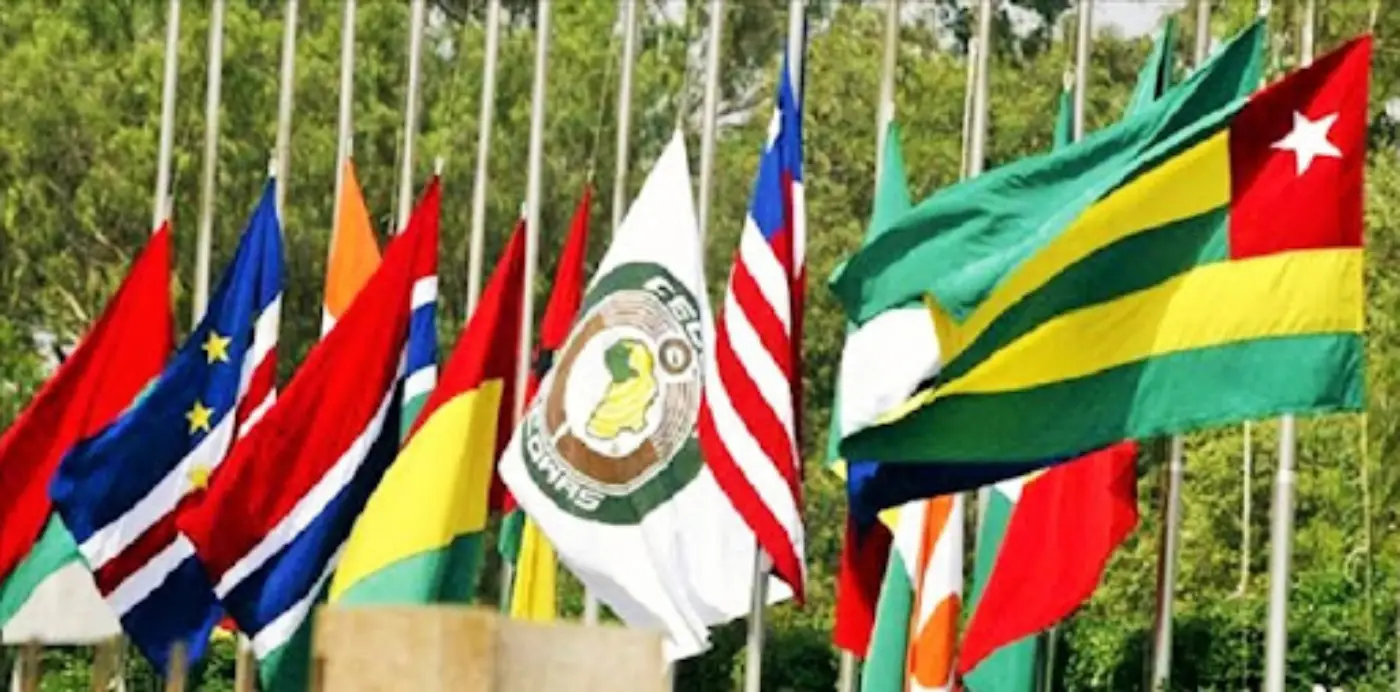Crisis in Togo: When ECOWAS is Walking on Eggshells
In the face of the rising anger against the ruling power in Togo, ECOWAS, the sub-regional organization, finally spoke out, but with a caution that leaves many Togolese skeptical. Between calls for restraint and fear of alienating its members, ECOWAS walks a tightrope, at the risk of departing from the expectations of the populations it claims to represent.

SUMMARY
The political crisis that has been shaking Togo for several weeks tests the ability of regional institutions to act firmly and impartially. Faced with escalating tensions, ECOWAS, long criticized for its silence, finally called on the stakeholders for restraint and dialogue. However, this position is causing skepticism and disillusionment within Togolese society, and more broadly among the peoples of the sub-region.
For many observers, ECOWAS’s reaction comes too late and lacks the vigor expected in such circumstances. While the regional organization has condemned the violence and called for dialogue, it struggles to convince of its real desire to defend the interests of the populations rather than those of the leaders in power. According to Doni, a political analyst, “inter-regional and African organizations have shown their limits. There are geostrategic and diplomatic restrictions that make them speak with a lot of restraint.” This caution, or even timidity, fuels a feeling of abandonment among many Togolese.
ECOWAS legitimacy in question
ECOWAS is going through a deep legitimacy crisis. Its action is seen as too flexible, sometimes volatile, and unable of assuming clear positions when it comes to defending fundamental rights. The organization is criticized for not being attentive enough to the peoples, and for maintaining ambiguous ties with the regimes in power. This crisis of confidence has been exacerbated with the departure of several member states (notably those of the AES) and the emergence of new areas of tension, including within the community itself.
In the Togolese case, the organization first issued a statement deemed “cold” during the controversial constitutional revision, before backtracking under pressure from the power. An attitude that raises questions about its ability to represent an ECOWAS “of the peoples” and not of the rulers alone.
Today, the institution appears to be in suspended animation, caught between defending the interests of the populations and preserving regional stability. In the Togolese context, any overly decisive position risks triggering a new wave of secessions or fueling defiance towards the organization, as several countries are facing similar crises. Togo’s proximity to regional mediation processes and its involvement in sensitive regional issues reinforce the community’s caution.
For political analyst Pierre Alavo, “it would be tragic if Togo distanced itself from ECOWAS, especially as other countries are likely to adopt the same behavior at the slightest crisis.”
Governance to be reinvented
After more than fifty years of the Gnassingbé family’s rule, a majority of the Togolese population aspire for change and respect for fundamental rights. It is, therefore, time for ECOWAS, but also for the African Union, to respond to the expectations of a mobilized youth, demanding more transparency, inclusion, and social justice.
For many Togolese, the hope for change will first come from their own commitment, rather than from the international community. The distrust towards African institutions – ECOWAS as well as the African Union – feeds off their inability to effectively resolve internal conflicts, often leaving the people to fend for themselves.
The call for dialogue launched by ECOWAS raises many questions: “If we want a real dialogue, we need sincere listening and the courage to address the real issues,” highlights Doni. For many, the solution to the crisis lies not so much in the intervention of an external mediator as in the ability of Togolese elites to listen to and integrate the deep aspirations of their people. The Togolese Catholic Church, for example, has already shown itself willing to play this role of listening and calming.
In the end, Togo appears like a country at a crossroads, where sincere and inclusive national dialogue is the only viable way out of the impasse. Faced with a defensive ECOWAS, called for profound revamping to regain the trust of the populations, Togolese society is organizing itself to assert its rights and take control of its destiny.


Comments